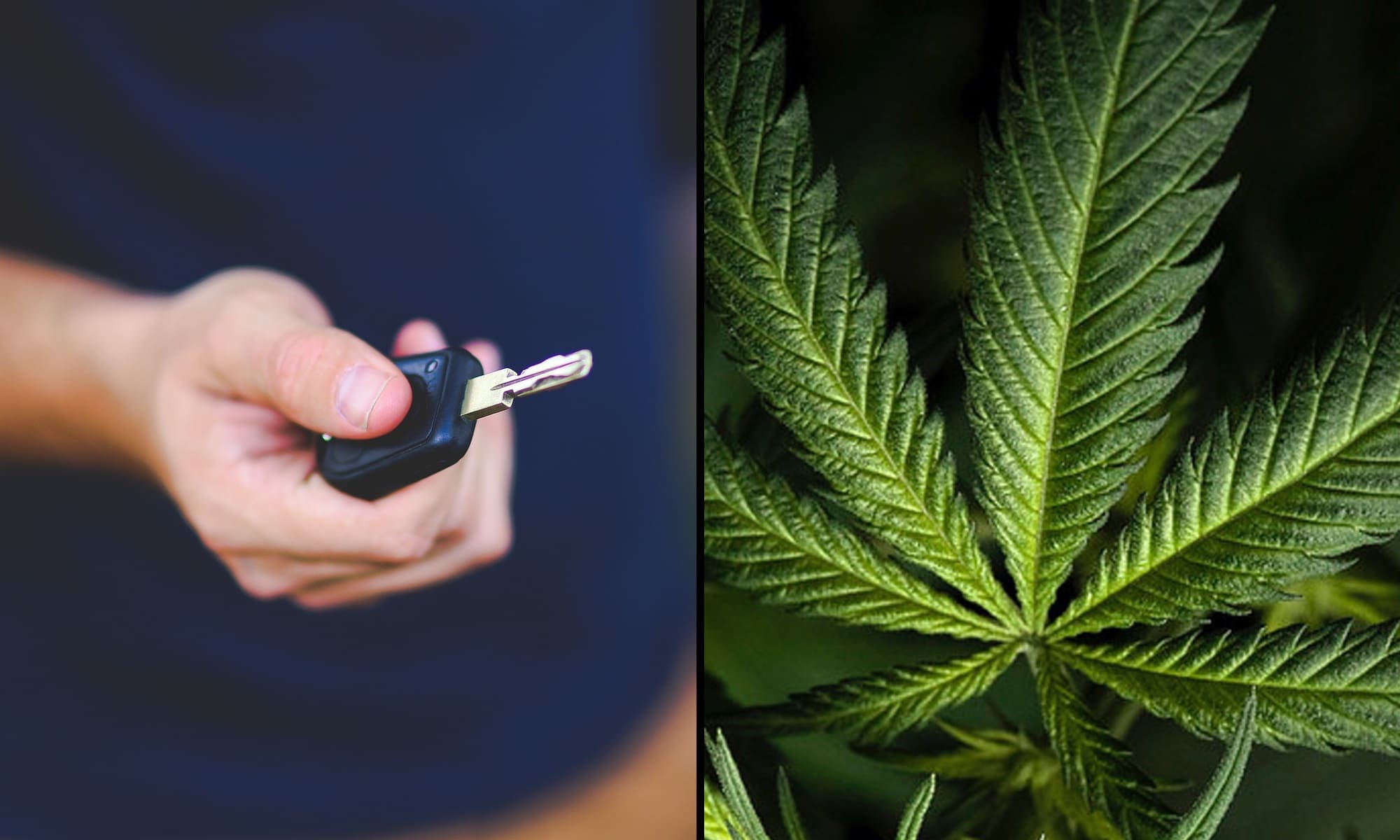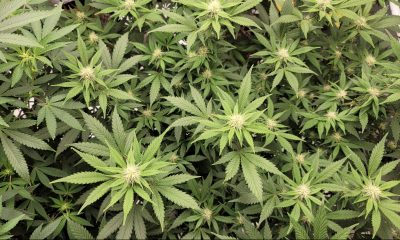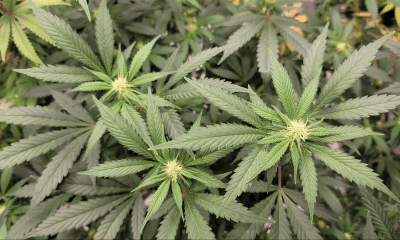Politics
Federal Agency Says There’s ‘Little Research’ Supporting Marijuana Driving Impairment Tests Based On THC Concentration

A federal traffic safety agency says that there’s “relatively little research” backing the idea that THC concentration in the blood can be used to determine impairment, calling into question laws in several states that set “per se” limits for cannabinoid metabolites.
In a draft report posted last month, the National Highway Traffic Safety Administration (NHTSA) discussed mixed scientific findings about marijuana and driving but questioned the broader concept of impairment testing that’s based on THC content in a person’s system.
“Several states have determined legal per se definitions of cannabis impairment, but relatively little research supports their relationship to crash risk,” the report says. “Unlike the research consensus that establishes a clear correlation between [blood alcohol content] and crash risk, drug concentration in blood does not correlate to driving impairment.”
While NHTSA pointed to certain studies that it said supports the idea that cannabis use may increase the risk of traffic accidents, it also noted additional research that “did not find a significant correspondence” between marijuana and how police assign responsibility for accidents.
The report’s point about per se THC limits is consistent with recent comments from a Justice Department researcher who said that states may need to “get away from that idea” that marijuana impairment can be tested based on the concentration of THC in a person’s system.
“If you have chronic users versus infrequent users, they have very different concentrations correlated to different effects,” Frances Scott, a physical scientist at the National Institute of Justice (NIJ) Office of Investigative and Forensic Sciences under DOJ, said.
That issue was also examined in a recent federally funded study that identified two different methods of more accurately testing for recent THC use that accounts for the fact that metabolites of the cannabinoid can stay present in a person’s system for weeks or months after consumption.
Meanwhile, NHTSA also owe a report to Congress on research barriers that are inhibiting the development of a standardized test for marijuana impairment on the roads.
Sen. John Hickenlooper (D-CO) sent a letter to the Department of Transportation (DOT) and NHTSA in 2022 seeking an update on the status of that federal report. The department was required to complete the report by November under a large-scale infrastructure bill that President Joe Biden signed, but it missed that deadline and it’s unclear how much longer it will take.
Last summer, a congressional report for a Transportation, Housing and Urban Development, and Related Agencies (THUD) bill said that the House Appropriations Committee “continues to support the development of an objective standard to measure marijuana impairment and a related field sobriety test to ensure highway safety.”
A study published in 2019 concluded that those who drive at the legal THC limit—which is typically between two to five nanograms of THC per milliliter of blood—were not statistically more likely to be involved in an accident compared to people who haven’t used marijuana.
Separately, the Congressional Research Service in 2019 determined that while “marijuana consumption can affect a person’s response times and motor performance … studies of the impact of marijuana consumption on a driver’s risk of being involved in a crash have produced conflicting results, with some studies finding little or no increased risk of a crash from marijuana usage.”
Another study from 2022 found that smoking CBD-rich marijuana had “no significant impact” on driving ability, despite the fact that all study participants exceeded the per se limit for THC in their blood.
















